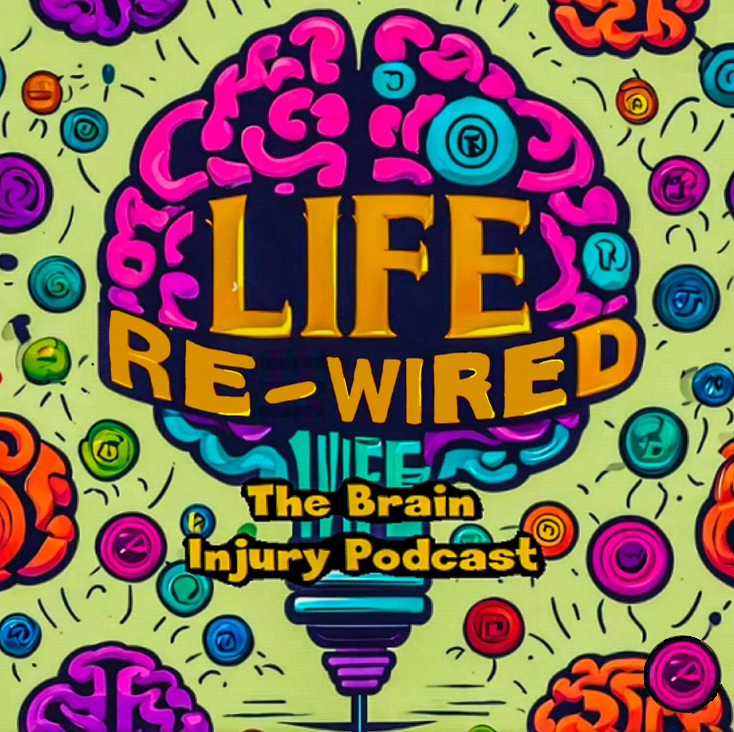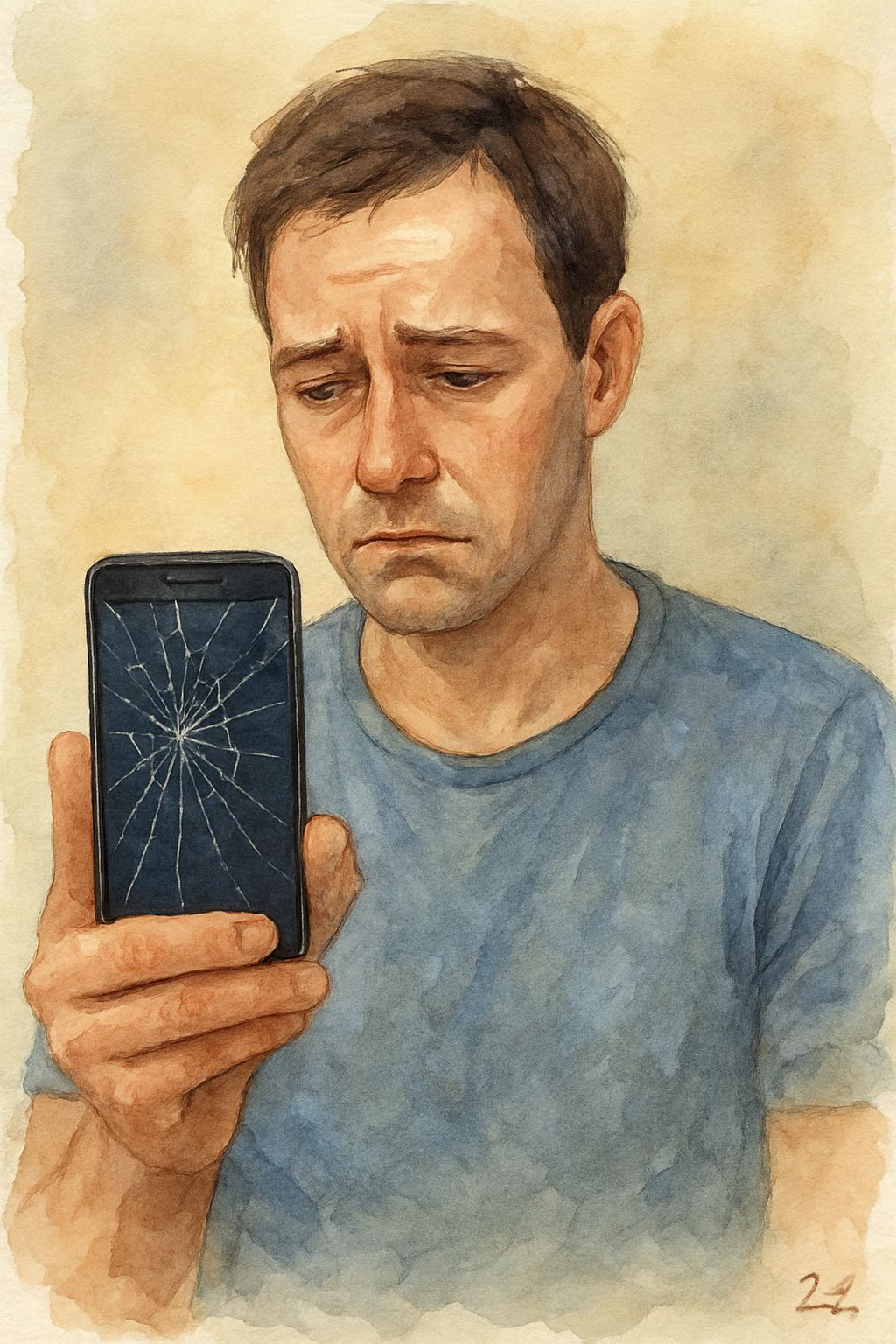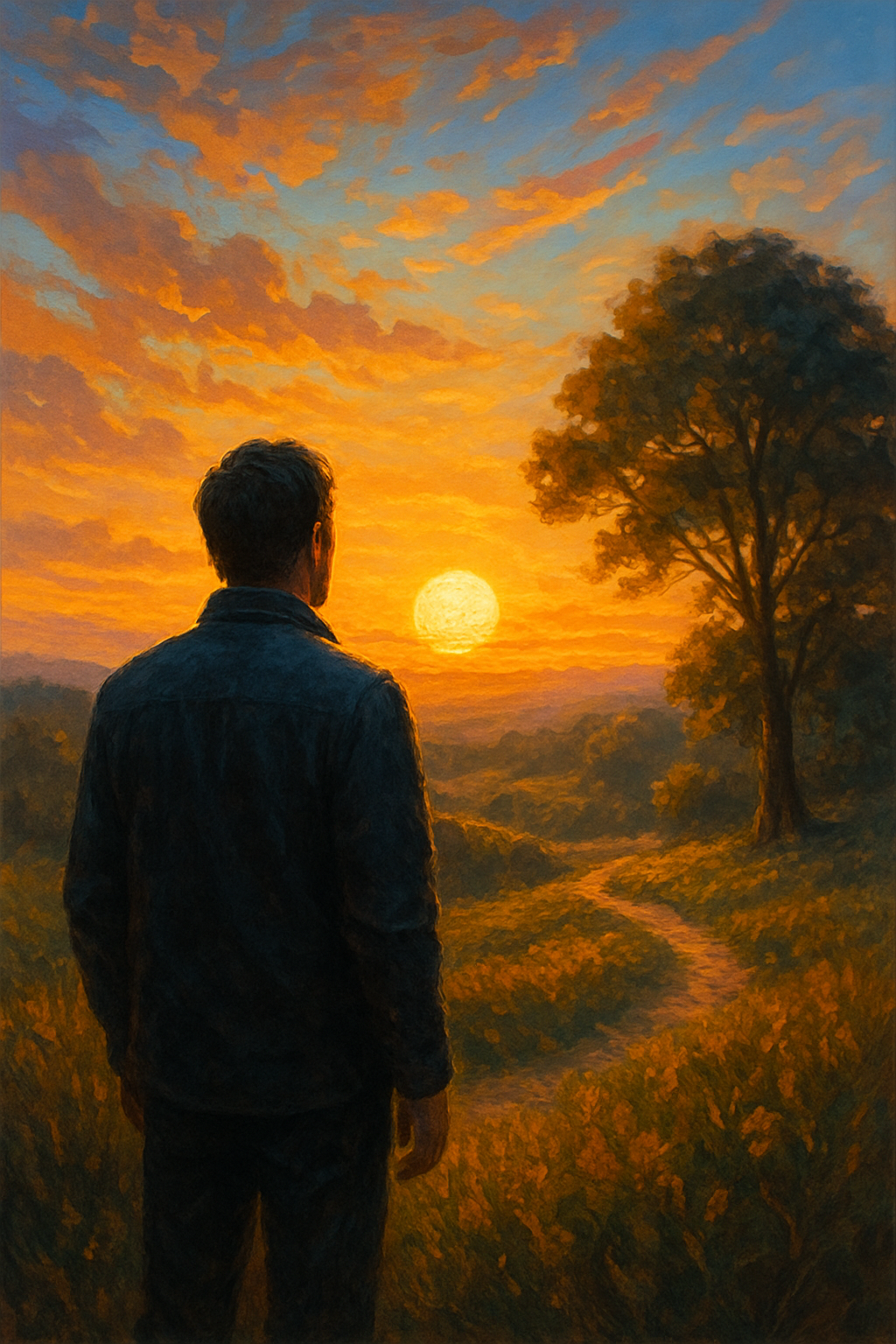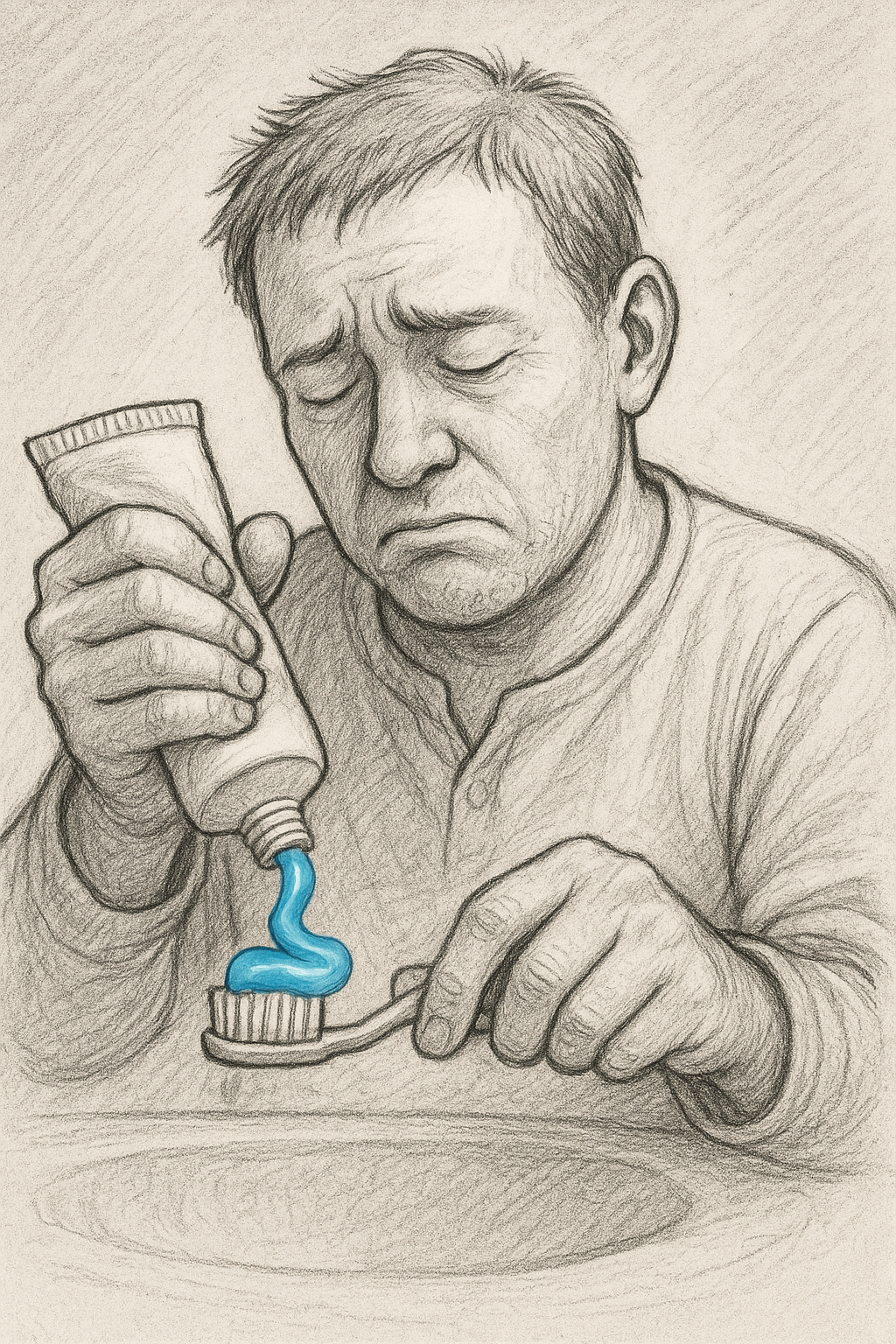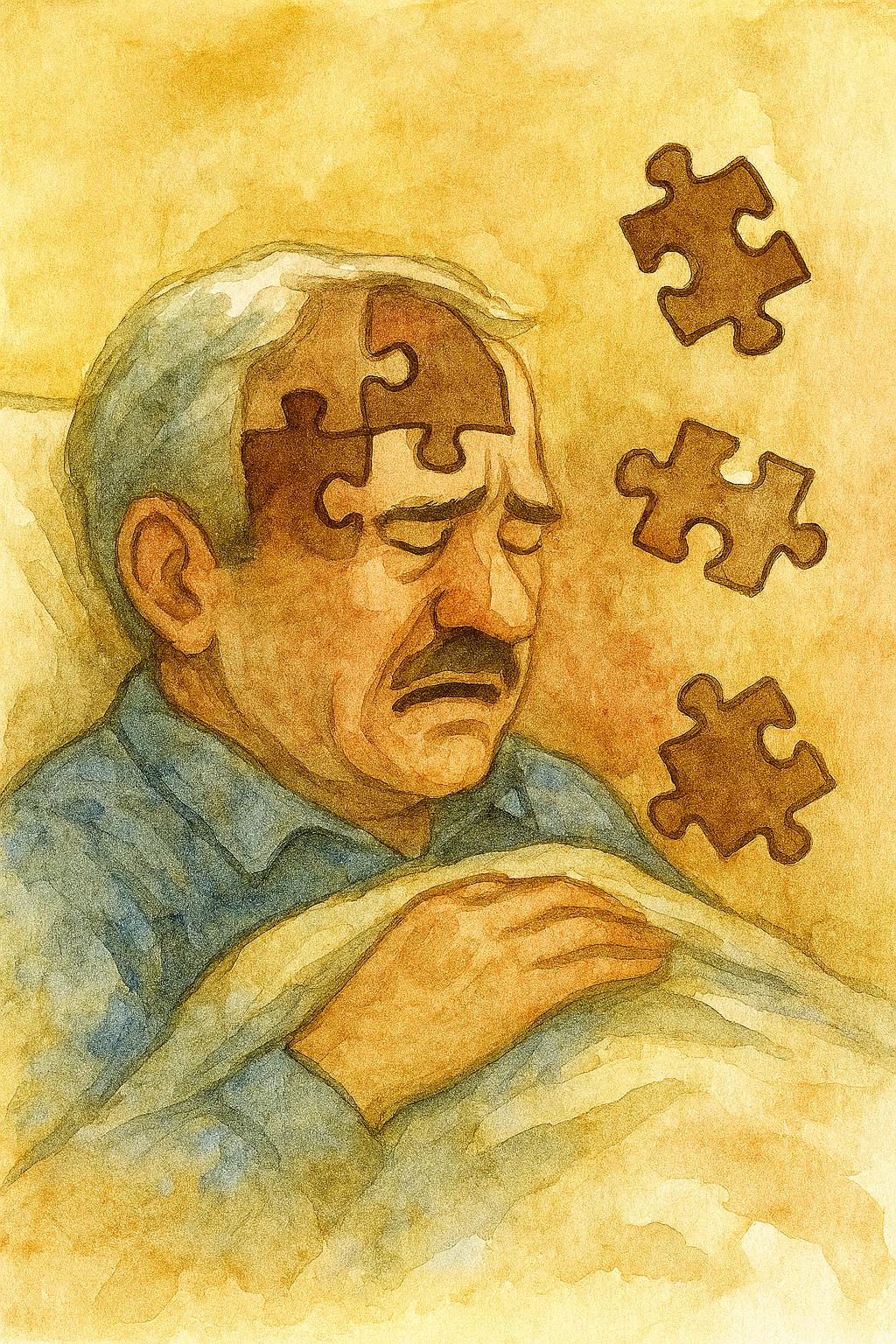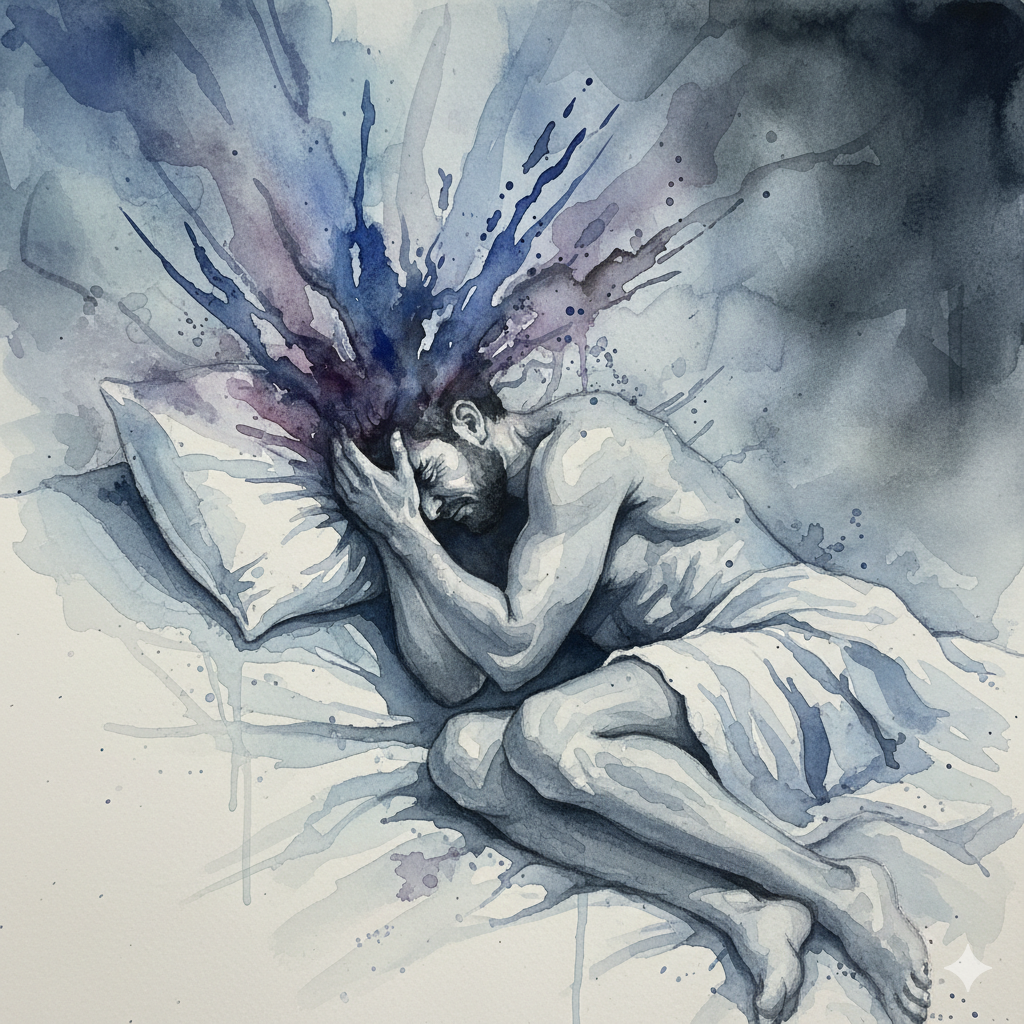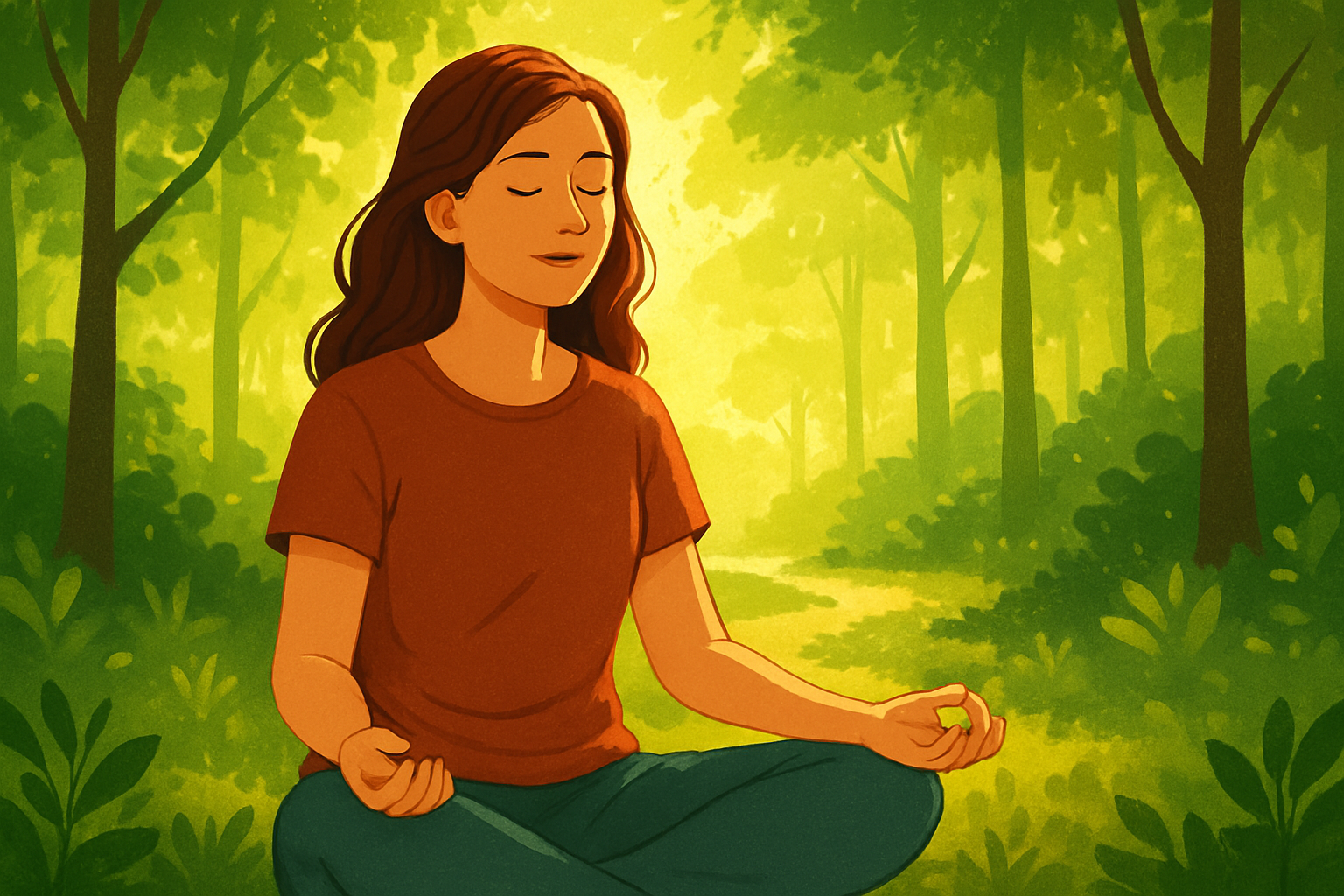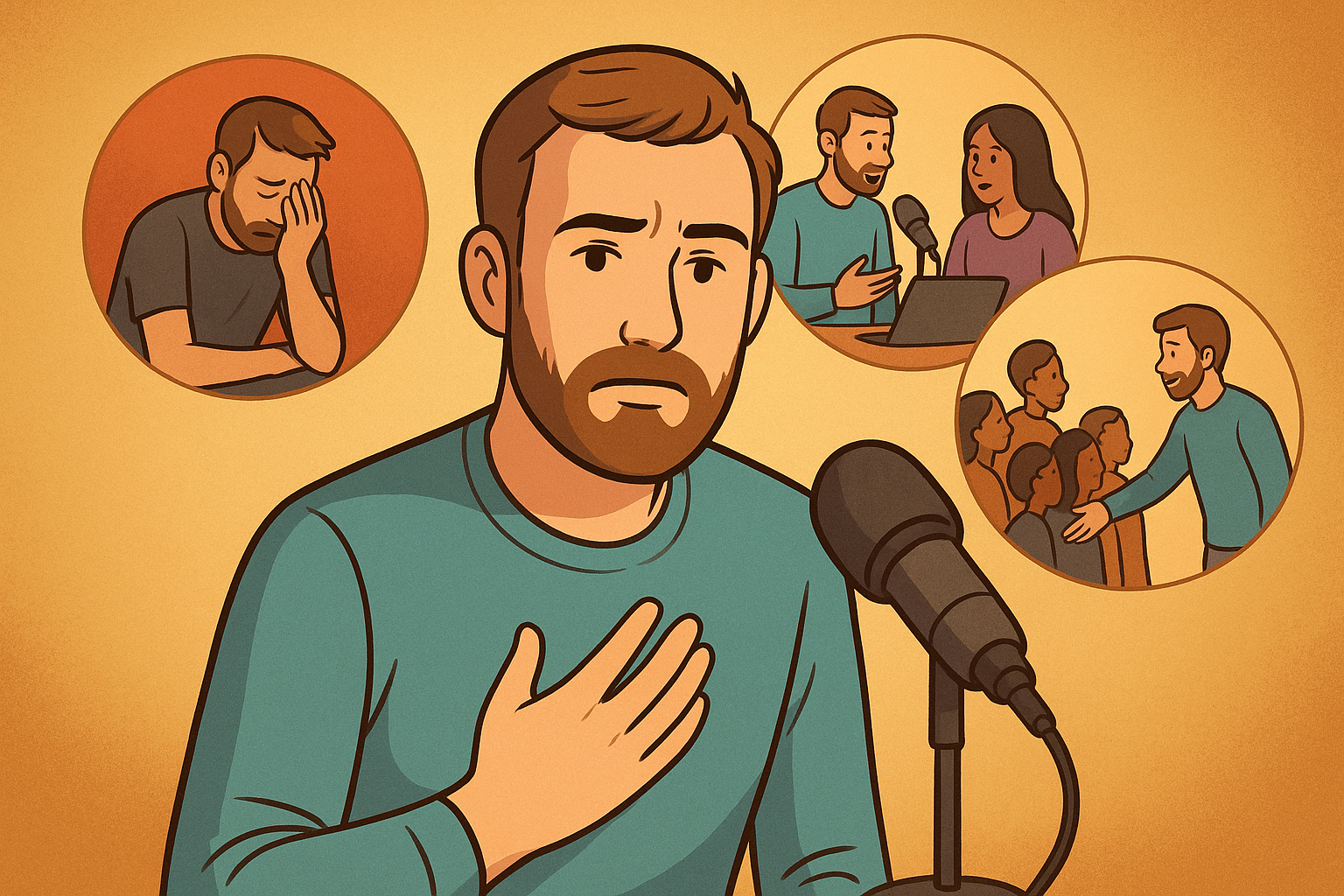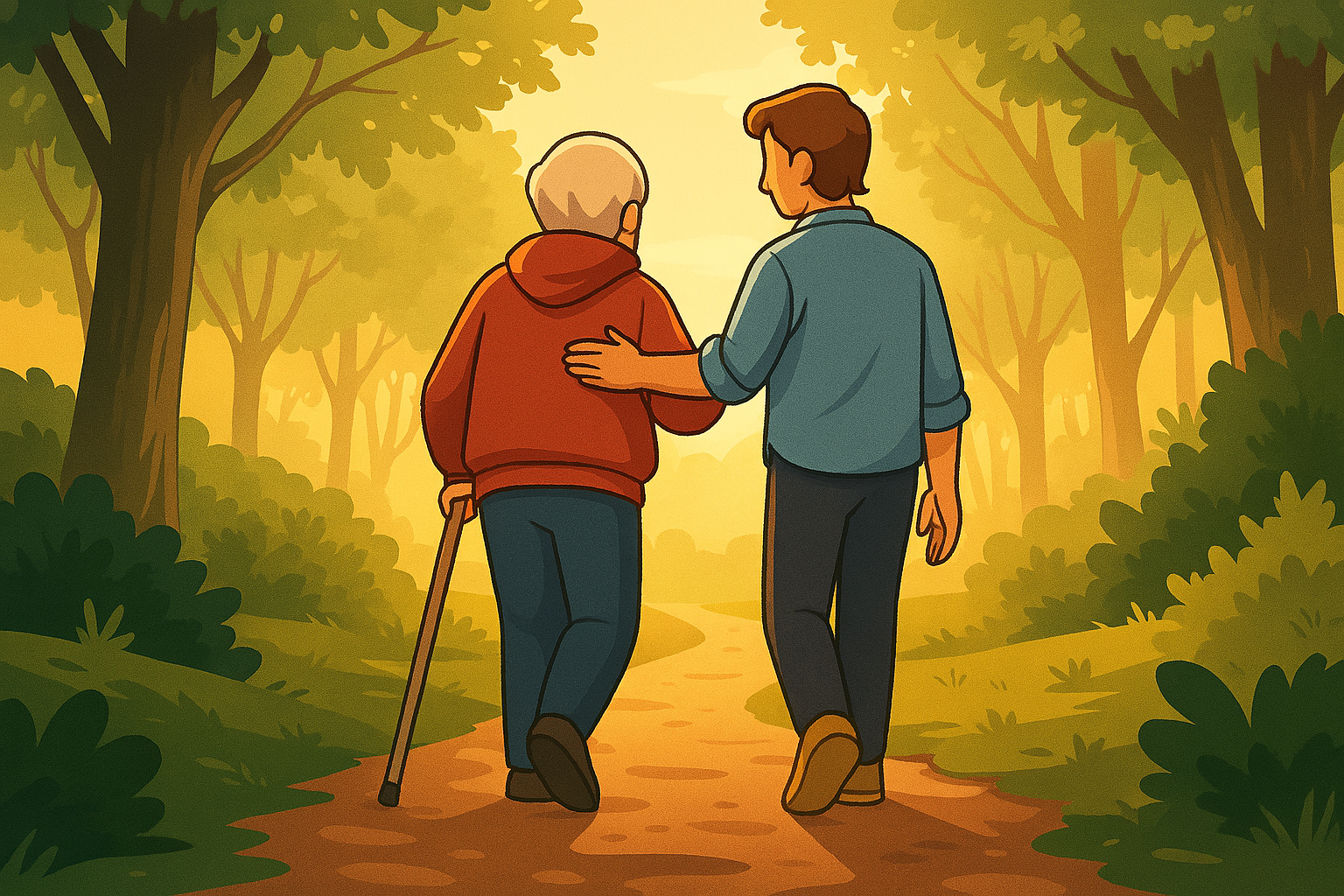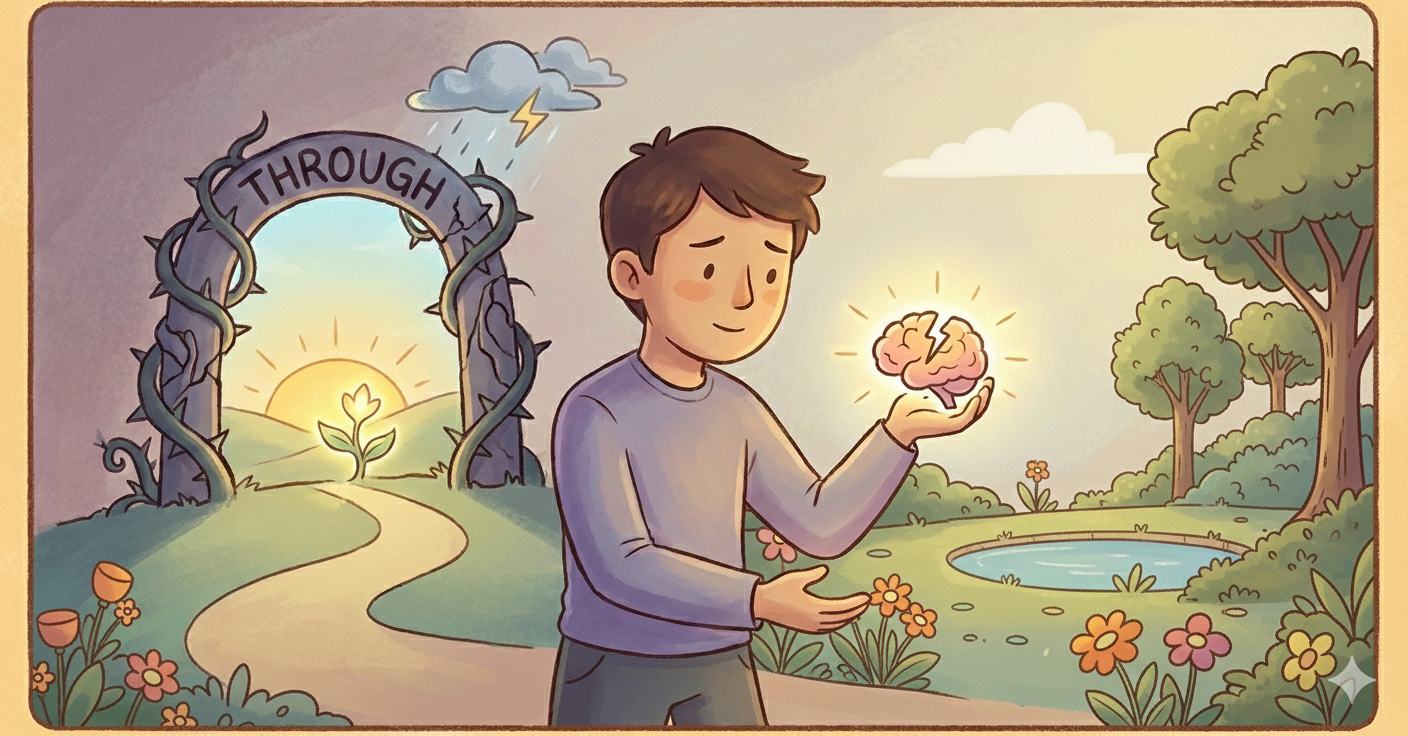
Some days, finding a reason to be thankful feels like a battle. I live my life to make others happy; I am a people pleaser by nature, and I offer no apologies for that. It is who I am. But when it comes to my own happiness, I’ve learned to look for the microscopic miracles. I don’t do this because it’s easy—I do it because everything matters.
Society teaches us to measure success by bank accounts and viral trends, yet we forget the currency that actually keeps us alive. When was the last time you were truly grateful for the air in your lungs? We can survive without the latest video game or TikTok trend, but take away our oxygen, and the game is over. So, I hunt for the little nuggets of gold that most people walk right past.
My brain injury, in a strange way, was the gift I didn’t know I needed. It amplified my gratitude. Yes, it came with a warehouse full of challenges, but I refuse to let a day pass without finding one thing to be thankful for. Every win, every loss, every mountain, and every valley—they may be glorious or disastrous, but they are mine. I wasn’t promised today, yet here I am.
Recently, I realized something that stopped me in my tracks: "Do not get rid of your pain until you learn what it has to teach you."
It is a simple phrase packed with a harsh reality. When we hurt, we want instant relief. We want the shortcut. But let me get raw and real with you: The magic happens in the THROUGH.
We cannot grow if we take the easy exit. If we silence the pain before we understand it, history will only repeat itself. The "through" is where the lesson lives. It teaches us what we are truly made of. whether it’s learning to treat our bodies better, changing our habits, or simply slowing down. Listen to the pain. Find the lesson. And be thankful that you are strong enough to survive the lesson.
